I am performing the reliability analysis of a psychometric scale which measures user engagement during a video game play. The scale has 28 questions, out of which the ones highlighted in yellow in the screenshot below will need to be reverse coded in the output (since they are opposite to what the scale purports to measure).

library(readxl)
GES <- read_excel("CAGE Datadump Copy.xlsx")
GESpreEngagement <- GES[,11:38] #these 28 columns contains the response to 28 questions from survey
GESpreEngagementReverseCOded <- GESpreEngagement
# data in column 9 through 16 needs to be reverse coded, corresponding to the questions highlighted in the screenshot
GESpreEngagementReverseCOded[,c(9:16)] = 5-GESpreEngagement[,c(9:16)]
#calculate the cronbach's alpha value
psych::alpha(GESpreEngagementReverseCOded, check.keys = TRUE)
This codes is leading to the following output with a warning message(with or without check.keys=TRUE):
In psych::alpha(GESpreEngagementReverseCOded, check.keys = TRUE) :
Some items were negatively correlated with total scale and were automatically reversed. This is indicated by a negative sign for the variable name.
However, there is no such warning if I do not reverse code the output, i.e. if I just run psych::alpha(GESpreEngagement). The question is, it seems logical to reverse code the output, but R is telling me to do otherwise. What should I do in this case?
